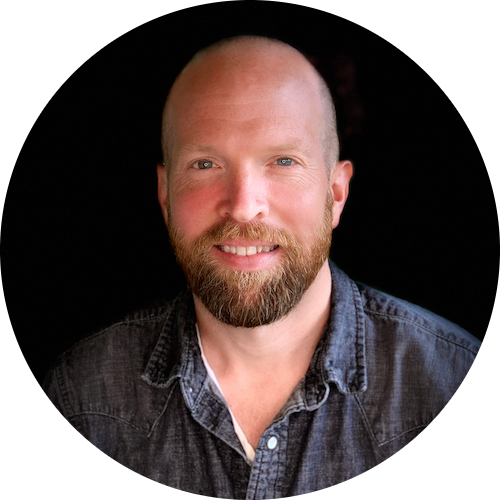Amber Kim was 5 years old when she first started coding. She’d type into command-line interfaces on computers her father built—“Back when they had floppy disks,” she says. In high school, she’d go on to explore HTML and CSS classes. In college, Amber received a more interdisciplinary education, studying not only software engineering, but: comparative literature, cinema, music, and Japanese. She loved to learn, but it was Amber’s ability to accept failure as a learning tool in and of itself that brought her to where she is today: a Code Fellows graduate, founder and lead developer of a tech-based 501c3 nonprofit, Nouri, and a software engineer for the software company LivePerson.
“I’ve approached things so I’ll fail faster,” she says. “The faster you learn, the faster you know where the holes in your logic are, and the faster you can either pivot or work on your weak links.”
Learning languages, and learning how to learn
Growing up, Amber Kim was immersed in language. She spoke both English and Filipino at home and would go on to study Japanese and Korean (and music, which she says is a language too: “You have to learn how to read it, express it.”). While she didn’t realize it at the time, her knowledge in these languages would form the foundation of her ultimate favorite one: code.
“Learning languages has always been part of my life,” she says. “There’s something about learning languages that kind of correlates [with learning code]. Part of programming languages is syntax and grammar, just like it is with spoken languages.”
While Amber had the opportunity to learn new languages and explore other majors and courses for the first time in college, she quickly realized she wasn’t learning in a productive way. It felt impersonal, and she struggled to feel a sense of community in her classes. Worse of all, she felt she wasn’t truly learning.
“They expected you to know everything beforehand, so you didn’t have time to learn it,” she says. “College was not very conducive to my learning, and it took me away from coding.”
Helping herself by helping others
After Amber graduated from college, she got married and went on to work in web design and marketing. From the outside, everything looked perfect—but something was missing. She yearned for knowledge, the chance to learn again, the opportunity to push herself. Her husband, a Marine, heard a Code Fellows radio ad explaining how U.S. veterans and their families can use their GI Bill® to pay for up to 100 percent of their Code Fellows tuition. The opportunity was too good to pass up: he immediately encouraged Amber to apply.
“He suggested I go to school to pursue something I would enjoy,” she says. “The process was simple; Code Fellows even had a representative who specializes in working with the veteran community answer my questions. It was a pretty easy choice for me.”
Because of her previous coding experience, Amber was able to test directly into Code 201: Foundations of Software Development. She immediately felt the sense of community her college experience had lacked—her classmates were just as focused as she was, and she felt comfortable enough to be herself and embrace her Renaissance-woman education among such a diverse group of individuals.
“I’ve come to realize that having the experience I have gives me a different perspective in the way I build applications,” she says. “Applications built by engineers who don’t consider their user end up being unusable because they don’t consider the people who actually use it … because the engineers couldn’t see it from a different perspective.”
The Code Fellows community became a safe space for Amber to be herself (“It felt OK to be me,” she says) and to fail and learn through her failures. A mistake in one project would lead to success in the next; an error in one code would lead to a flawless finish in another. In a community you deeply trust, there is no feeling of embarrassment when failing—in fact, failure becomes your best teaching tool.
“You learn by working with the other people in your class,” she says. “I’m helping somebody else by teaching them what I learned through my mistakes, while helping myself learn to reiterate things.”
More than a project, more than a school
After graduating from Code Fellows, Amber landed a software engineering position at LivePerson and joined forces with two of her fellow Code Fellows graduates to create Nouri, which started as a Code Fellows Hackathon project, and is now a 501c3 nonprofit that aims to use tech to solve childhood hunger and nutrition by connecting local organizations and businesses with those in need.
Amber is grateful for her Code Fellows experience and considers it a starting point for anyone who wants to not only learn to code, but to learn to be comfortable with failing and use failure as a way to learn what you love—and to learn in general.
“Code Fellows gives you the tools to get your career started, but a career in software engineering is a constant learning by fire hose,” she says. “If people are OK with failing and with being uncomfortable and learning all the time, this is definitely the career for them. It’s continuous self-development, and Code Fellows gives you the basics you can build on.”
GI Bill® is a registered trademark of the U.S. Department of Veterans Affairs (VA). More information about education benefits offered by VA is available at the official U.S. government website at https://www.benefits.va.gov/gibill.

